Potential. The word is thrown around like candy in esports, a label slapped on any player who shows they can sometimes put together a good game. “He’s got the potential to be the best in the world, if he could just do that every match.” Potential. It’s use has become so clichéd it’s nearly meaningless.
Except in the case of Lee “Rush” Yoon-jae.
The new jungler for Team Impulse enters the League Championship Series with a slim résumé. He’s topped the most competitive solo queue ladder in the world. But he has no competitive experience. He’s an unknown. An enigma. A wild card. The type of player who could secretly be a god. He’s shown signs of it. His résumé might be short, but in one way that’s a good thing—he hasn’t shown that he’s not.
Most of those kind of players don’t pan out. They can’t put all their talent together. They choke on the stage. They can’t adapt to the rigorous environment of a professional team. But sometimes you find a new star—the next Lee “Faker” Sang-hyeok, the next William “Meteos” Hartman.
That may be a lofty expectation for Lee, but Team Impulse obviously believes in him.
The 21-year-old jungler is now the team’s shot caller, the lynchpin for a squad filled with talent and hope. He has the least competitive experience, and League of Legends experience period, of anyone on the team—and likely anyone in the league. But that hasn’t stopped him from inspiring confidence in his teammates, or the other professional teams seeking his services in the offseason.
There’s much more to Lee than his impressive record in the Korean solo queue ladder, where he held the no. 1 rank ahead of superstars like Faker for three weeks.
The debut
After his first weekend in the pros, Lee is feeling good. “I think we can make a real impact on the LCS,” he tells me, ensconced in an interview room above the studio, with a Team Impulse translator in tow.
Lee is apprehensive at first to converse in English—his worst subject in school, he says—but his university training makes him more proficient at it than most Korean imports. He gets more comfortable as the interview goes on. His team named him shot caller in part because he just talks more than the rest of them. ”Other members don’t speak much,” he says.
Lee is tall, with a quiet confidence and matter-of-fact attitude that masks a hint of arrogance. This is a player who decided to quit school to go pro and did it in under a year, even turning down offers from top teams in Korea to start playing on his own terms.
But he’s also self-aware enough to realize he has limits. “I am quite unstable at times,” he said, adding with a laugh, “Like god, then Bronze 5. Like yesterday and today. Inconsistent.”
On Saturday, Team Impulse debuted their new-look lineup but ran into a buzzsaw: Team Liquid, the only undefeated team through week one. Lee in particular played a poor game, going for several aggressive ganks that ended in ill-timed deaths. He finished the match with a 1/6/8 KDA on Jarvan IV.
Lee fell prey to the “solo queue style” in the first game, he says, suffering from a “greed for carry” and “hunger for kills.”
“A kill works for me only in my mind,” he explained. “I need to slow it down, take out my greed, and trust my teammates. I don’t need to carry. They will carry me.”
On Sunday, Lee didn’t try to force the kill. Team Impulse opened the day by winning the fastest match of the season, crushing Dignitas without surrendering a tower. Lee’s 1/1/7 Jarvan IV featured 100 percent kill participation, leading his team to a their first LCS win this season.
That up-and-down play is something Team Impulse might have to live with as Lee acclimates to the competitive scene, especially if he continues to hold the responsibility of shot caller. But considering his path to the LCS, he’ll learn. Fast.
Rushing to the LCS
Lee’s journey to the LCS is a shorter one than most. He didn’t spend years as a player, honing his craft until reaching the required skill level. He didn’t work his way up through the competitive ranks, helping a team. He set out with a specific goal and accomplished it, in a span of months.
Like many pro gamers in Korea, such as Faker, Lee got his start in multiplayer online battle arenas with the popular Korean game Chaos. But he stopped playing games almost altogether for a year when he began attending one of the top three universities in Korea, where he studied Korean Literature.
Then he made a decision: He wanted to go pro. Lee took a leave of absence from school, setting out to get noticed by pro teams in Korea in short order. With Season 4 coming to an end, roster spots might be open. In Korea, that meant grinding the solo queue ladder.
Lee only started taking League of Legends seriously just under a year ago. But he managed to climb the ladder in short order using only two champions, Lee Sin and Kha’Zix. Topping the ladder was “not difficult for me,” Lee says, “because I believe in my skill.” The opponents do, too—”they always ban my Lee Sin.”
He focused on two champions because they were his best. “To win I need to try my best. I told my teammates I didn’t have any chance to pick other champs,” Lee says. “It’s not that I’m not talented at other champions. I just hadn’t played those champions yet.”
That’s the kind of statement that reads a little arrogant on paper, but the self-assured Lee is simply that confident in his ability to take in the game. Teams in Korea were, too—he received multiple offers from pro squads in as he reached the top 30 positions on the ladder. The problem? They wanted to Lee to play as a substitute. But he believed he should start.
Lee spent a month trialing for SK Telecom T1 K, passing the first phase of their process, leading the team to invite him into the house. There he played for one week and met his future top lane teammate, Jung “Impact” Eon-yeong. Lee says he “failed” the second phase of the trial, but that’s only a matter of perspective—none of the trial players made it onto SK Telecom. Lee returned home, focusing again on the solo queue ladder.
Then Team Impulse contacted him out of the blue, apparently based off a recommendation. At the time, Lee was only top 30 on the ladder. But he wanted to impress his new suitors.
“I promised that I can be first in a month,” Lee says. “And I got it. I achieved it. I told them I will be better and better and better because I haven’t played much compared to others, so I have more potential than them.”
Lee had offers from some “really big China teams,” ones that offered him more money than Team Impulse. But Lee didn’t want to play in a place where he couldn’t communicate with his teammates. “I can’t speak Chinese,” he said. “But [I do speak] English, so I choose to be in America, not money.”
When Lee hit the top rank on the solo queue ladder, he also got another call. It was the SK Telecom coach. He wanted Lee back. But he was too late. Lee had made up his mind.
Building the team
When Lee signed with Team Impulse on Nov. 26, the team was still known as LMQ and only had two other players rostered, mid laner Yu “XiaoWeiXiao” Xian and star collegiate support Adrian Ma. Lee’s addition left Impulse looking for a top laner and a marksman, with a stipulation—at least one had to be from North America.
The team eventually settled on Apollo “WizFujin” Price, after weeding down the field to three American marksman. “He was the best,” Lee says.
That left top lane, and Lee had an interesting suggestion—Jung “Impact” Eon-yeong of SK Telecom, former world champion. Though Lee thinks of him a different way: “not a world champion—friend.”
The jungler contacted Impact, who, similar to Lee, was disillusioned with the possibility of not playing full time. Lee likened Impact’s situation to Lee “Faker” Sang-hyeok and Lee “Easyhoon” Ji-hoon. Faker may be the best mid in the world, but Easyhoon might be the second best. The two split playing time, which allows them to keep fresh and also applies some pressure to perform.
Impact had his own Easyhoon waiting in the wings with Jang “MaRin” Gyeong-hwan, who put together an impressive preseason in Korea.
“[Impact] just wanted to be full time member, not like with Faker and Easyhoon,” Lee says. “He wants to be a world champion again, so he chose to be in NA. He believed that with these members we can join the World Championship again for sure. Top three this season.”
The team is still waiting for Impact to secure his visa and make his debut on Team Impulse, but Lee is enjoying the team dynamic so far, noting that every player “never” blames others for their mistakes, showing they have the drive to improve.
“We can take some Worlds series too,” Lee says. “If we practice hard.”
But reaching that level of performance is, perhaps, up to him more than any other player.
A future star?
For Team Impulse to truly reach Worlds, and even thrive there, it’s going to take Lee assuming a starring role. The team features two talented veteran solo laners. Their bottom lane may not be stars, but they won’t lose many games either. But it’s up to Lee, the shot-caller and jungler, to orchestrate the game, especially in a metagame where the jungle role has more impact than ever.
But how fast can the solo queue star adapt to team play, especially as a shot caller?
Lee believes it won’t be as difficult as many think, coming from Korea. “I learned a lot of things from solo queue. I don’t think solo queue and league play is not that far off,” he says, quickly noting he meant in Korean play. ”Not sure it’s the same in NA,” he adds, with a knowing laugh.
“I know how to get an advantage in a lane swap, or a gank, or taking an outer turret,” he says. “I’m really good at judging the situation.”
That’s one reason why his teammates decided to name him shot caller, according to Lee: “They think my judgment is best in the team.”
That’s not typical of the image of the solo queue warrior, hell-bent on carrying games with an individualistic mentality, one that even Lee perpetuated with his play in his debut game. But solo queue really is different in Korea, and Lee might get more out of it than some players thanks to his approach.
When I ask him what his strengths were as a player, he replies: “First, reaction time. Second, reflection.”
By reflection, he means making sure to analyze every game he plays, even in solo ranked played, noting what he did well and what mistakes were made in every game. That tendency will be even more important as he takes on more responsibility this season.
Potential
In the increasingly competitive League Championship Series, Team Impulse entered the season with a roster that certainly raised heads, for perhaps some of the right and wrong reasons. Built from a hodgepodge of nationalities and origins, it’s a real melting pot of varied talents, with three native languages.
But Lee is the real gem, the piece that makes you wonder at the possibilities. He could dominate the league from the get-go. He could start slow but grow into a superstar. Or he could fall flat on his face. But that clichéd term, potential, really does apply in his case—for both Lee and, perhaps, his team.
The squad is 1-1 with their only loss to Team Liquid, who dominated their first two games this season. They played without their top laner, Impact, who should be ready to rock soon enough.
An even more important component is also missing, especially for Lee—their coach. Kim “Fly” Sang-chul, a former coach for Jin Air, is set to reprise his role after helming LMQ during their preparation in Korea before the Riot World Championships. Lee has only talked to Kim online, but never met the man in person.
That guidance could be what turns that potential into results. Watching Lee and Team Impulse work to figure out how to get those results on the Summoner’s Rift will be one hell of a ride this season.



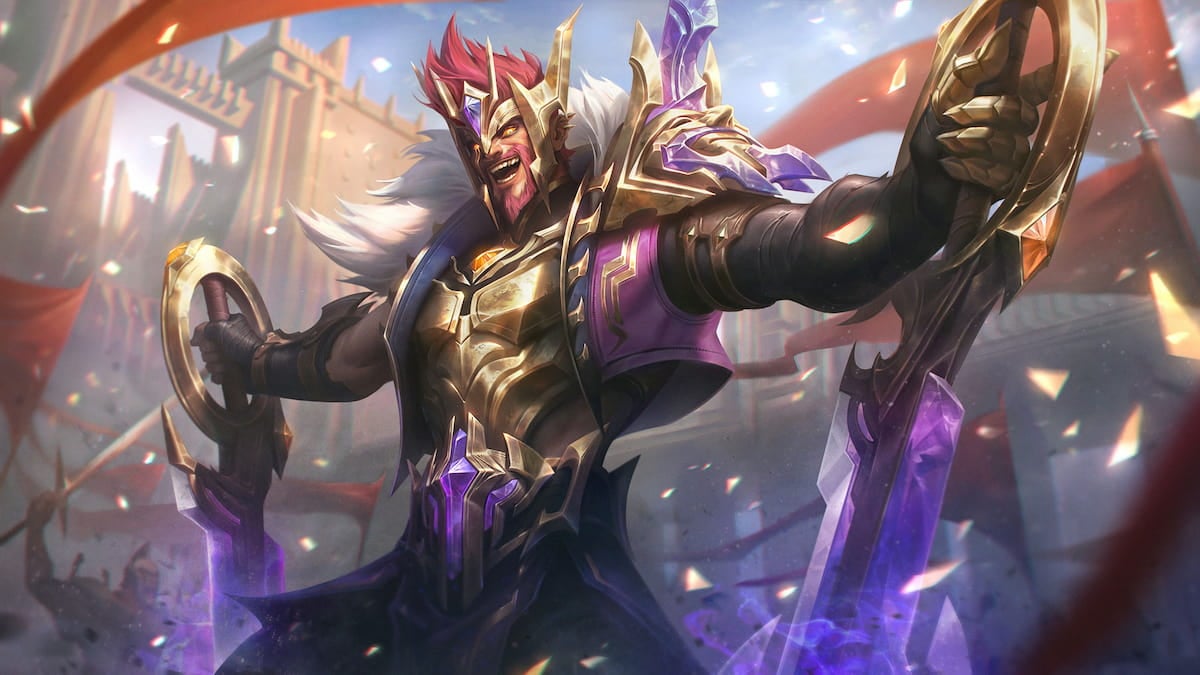
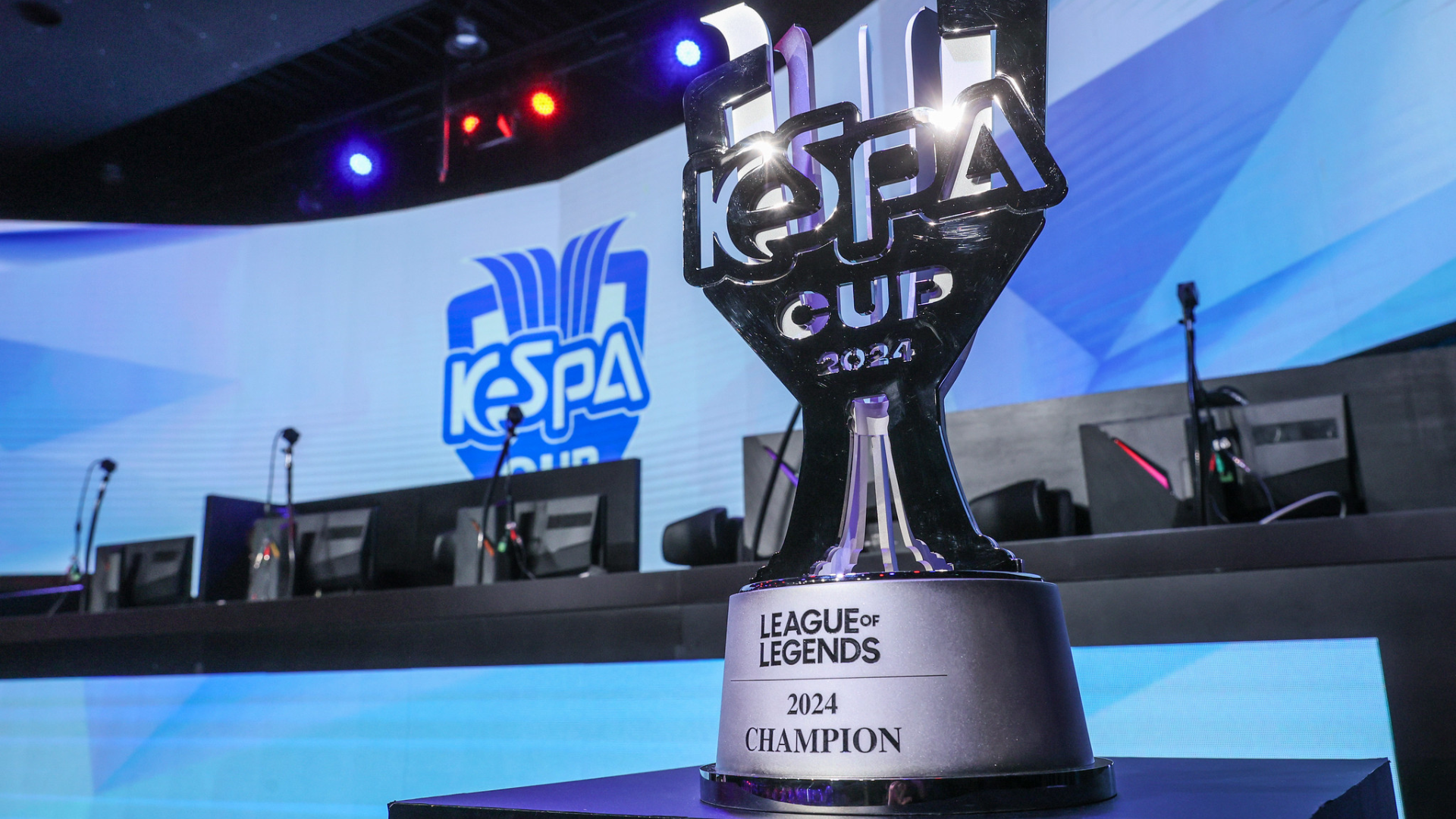
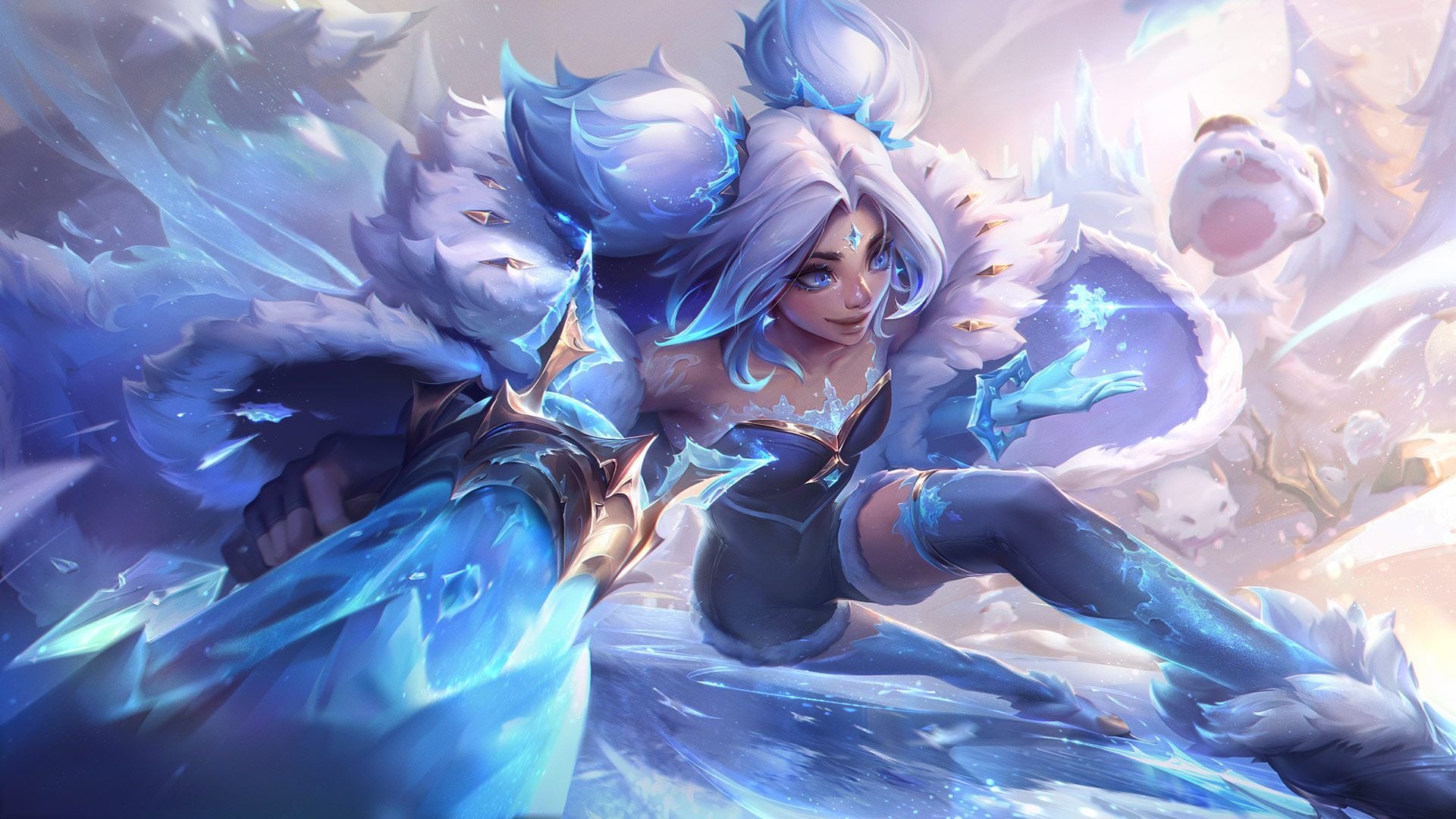

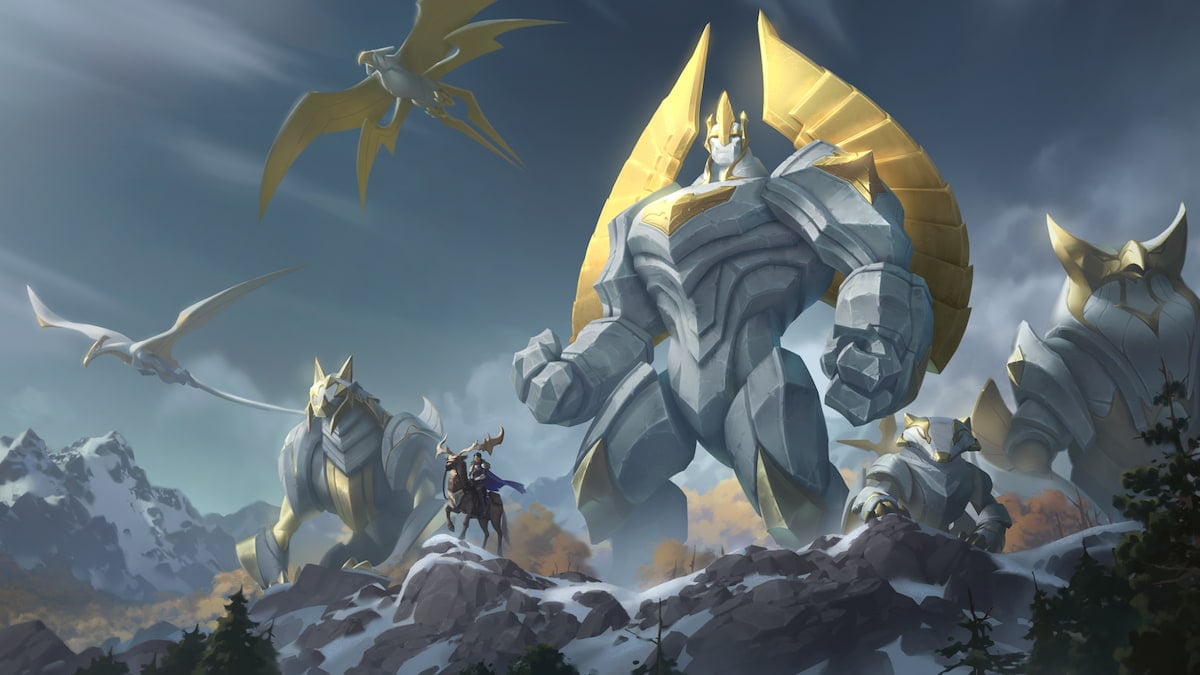
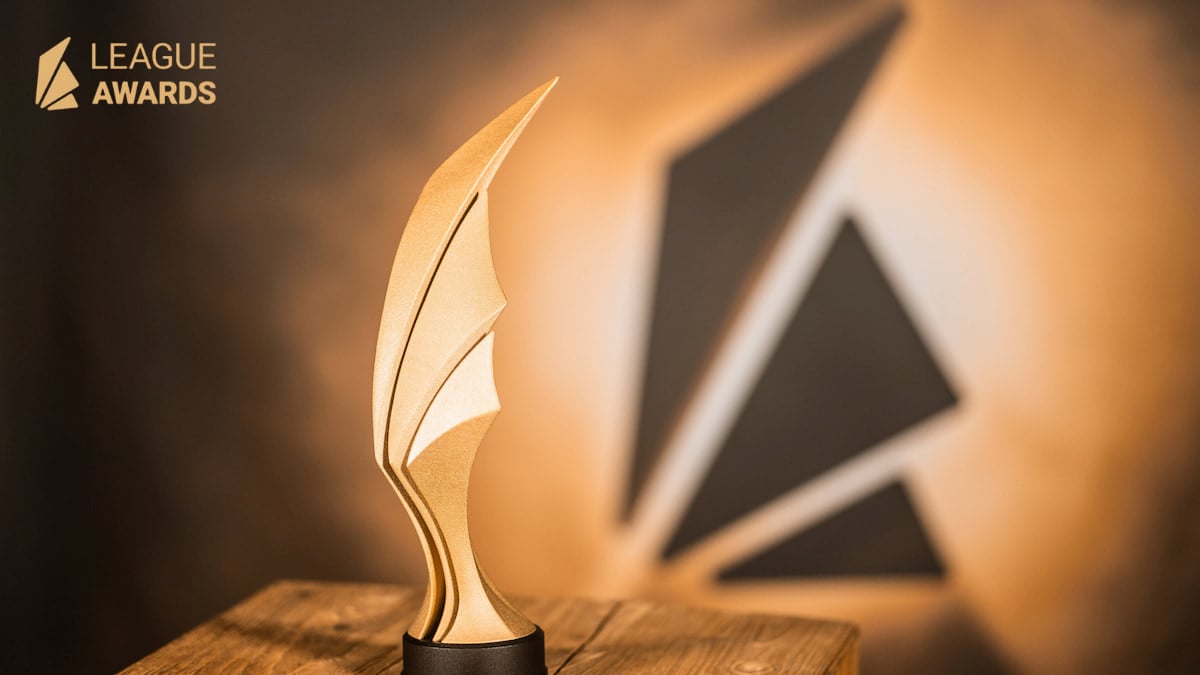
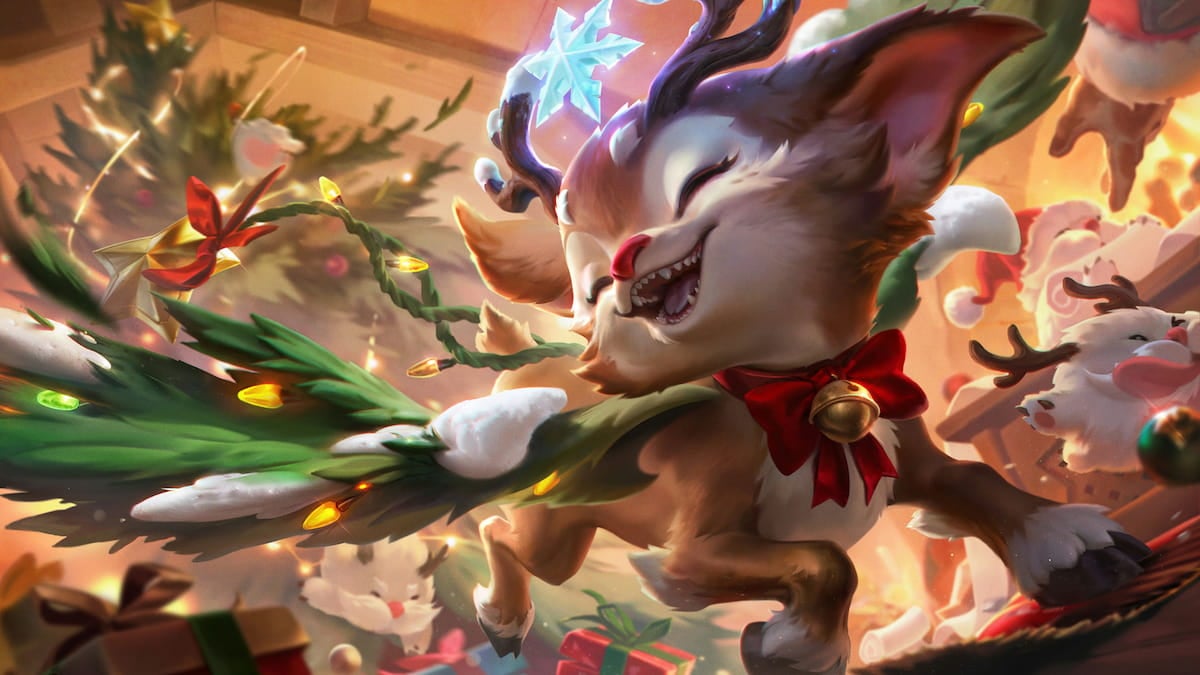

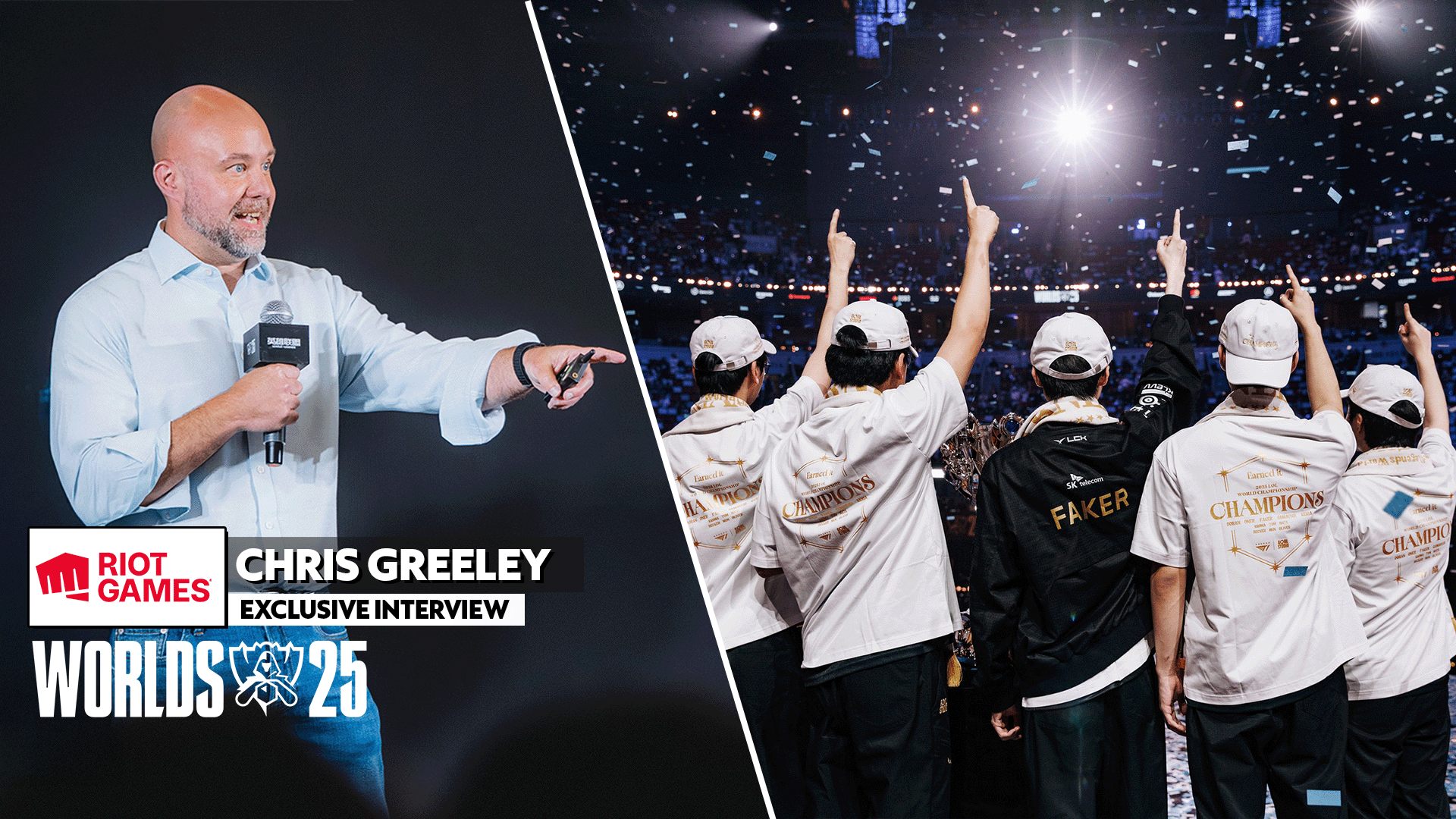
Published: Jan 28, 2015 08:51 am